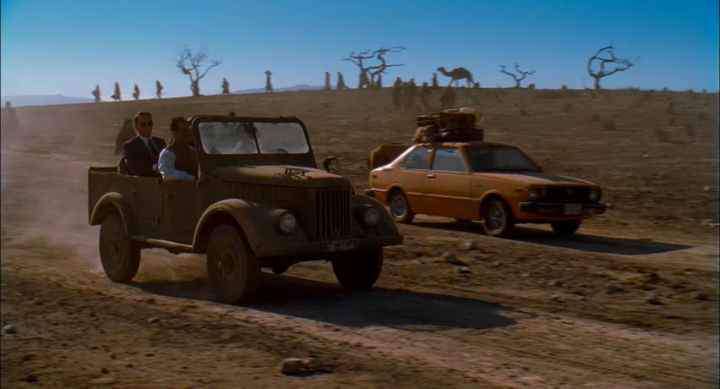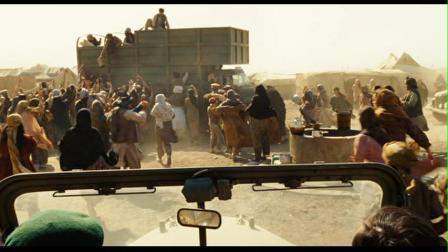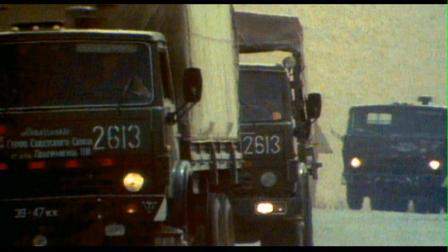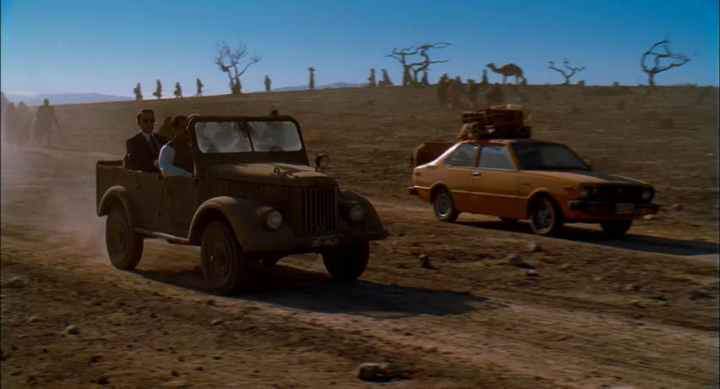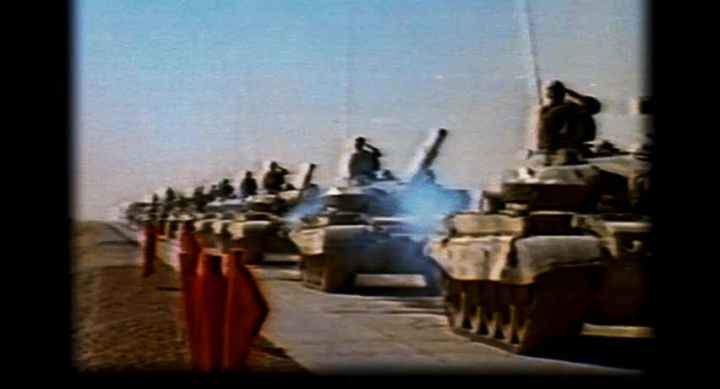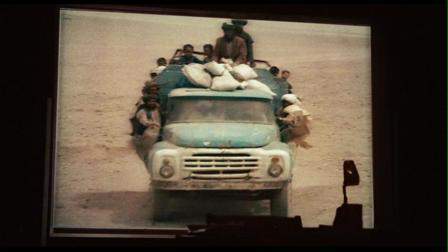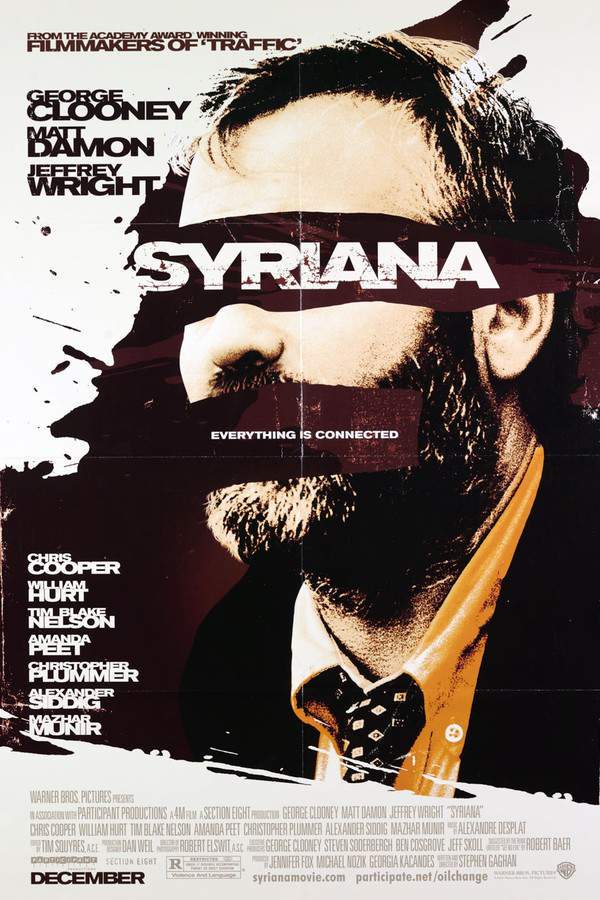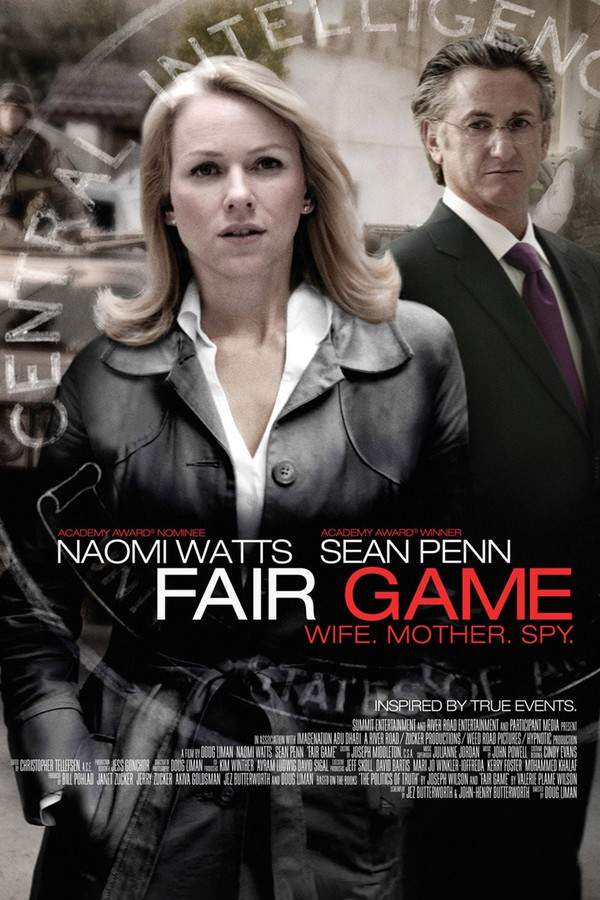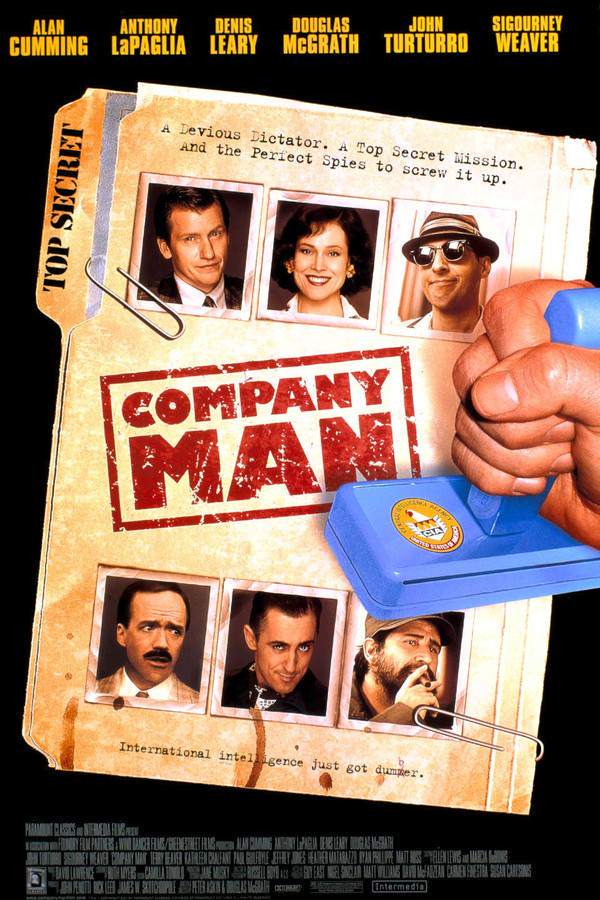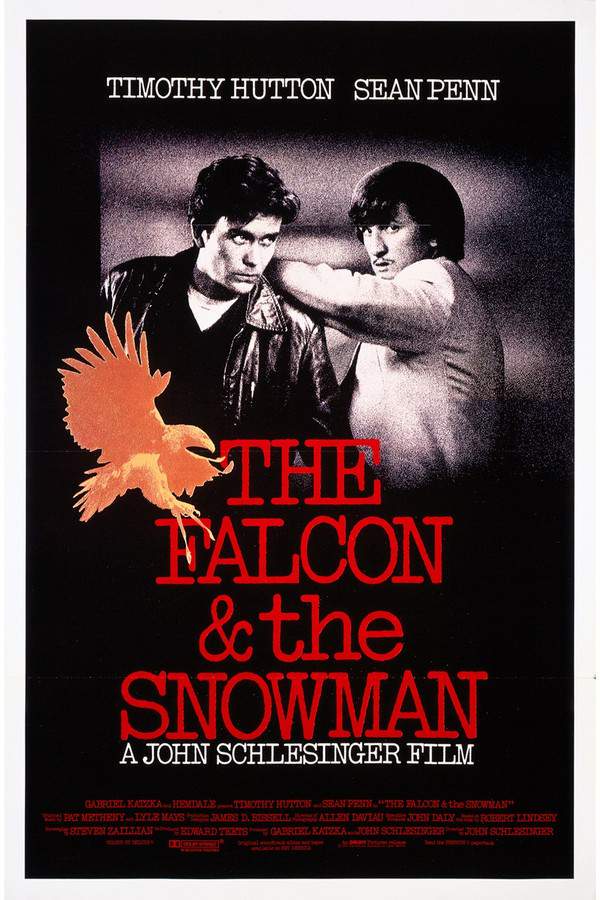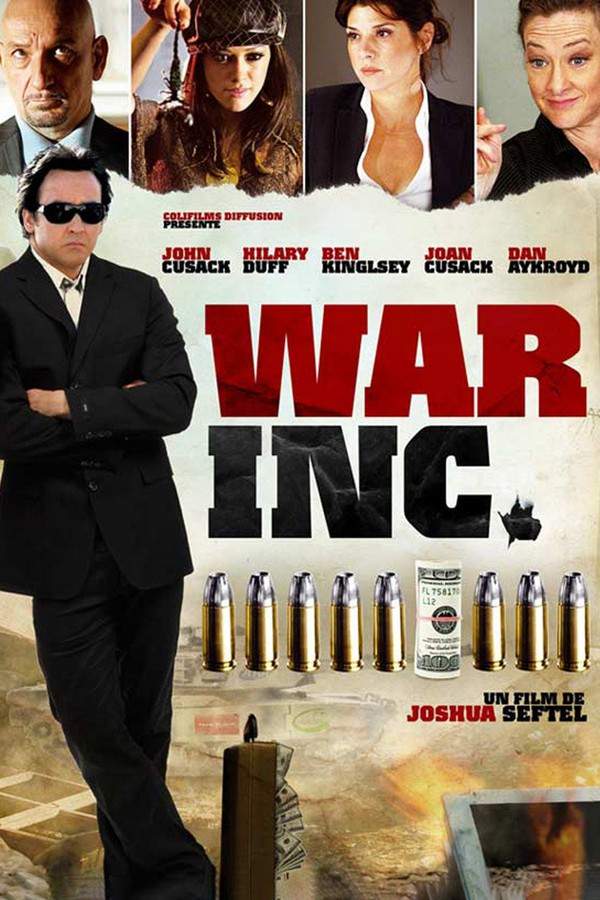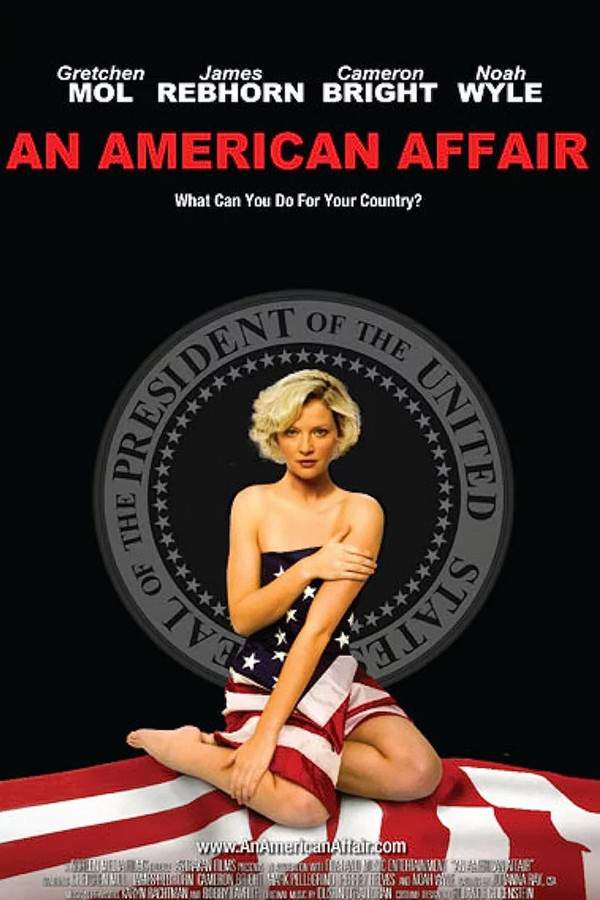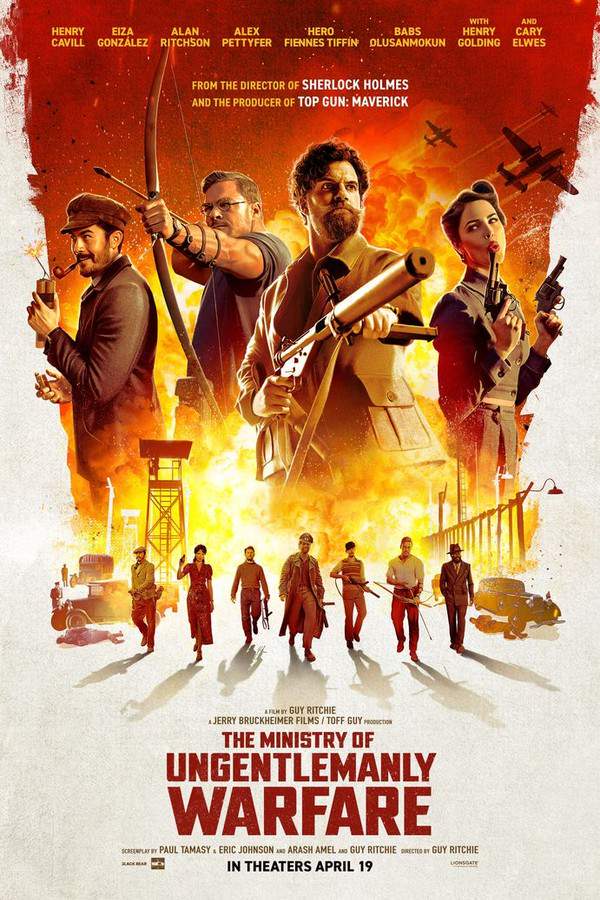Charlie Wilson's War 2007
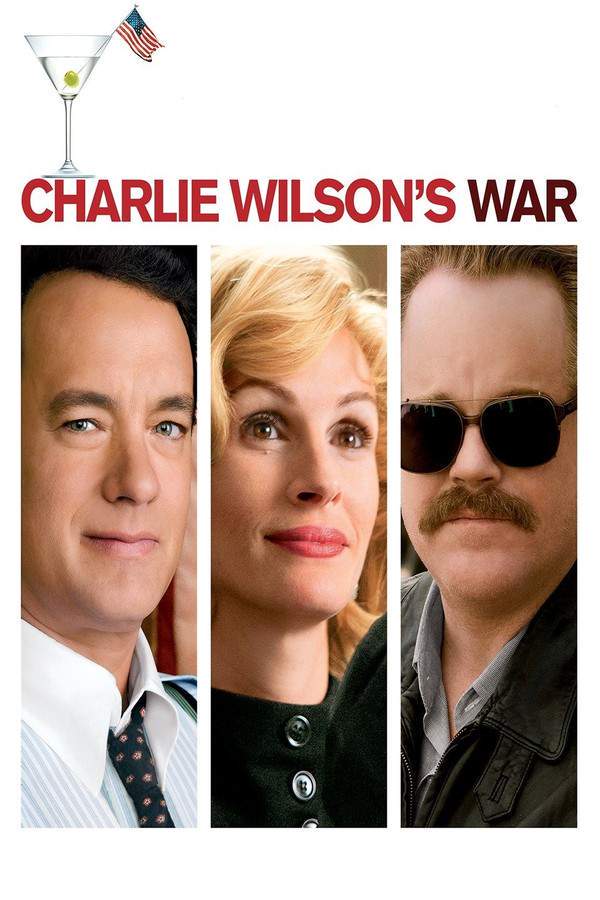
A charming Texas congressman, a resourceful CIA agent, and a captivating socialite unexpectedly join forces to launch a clandestine mission. This covert operation funnels aid to Afghanistan, ultimately contributing to the collapse of the Soviet Union and reshaping the geopolitical landscape. The alliance’s actions have lasting consequences, influencing events long after the Cold War concludes.
Does Charlie Wilson's War have end credit scenes?
No!
Charlie Wilson's War does not have end credit scenes. You can leave when the credits roll.
Meet the Full Cast and Actors of Charlie Wilson's War
Explore the complete cast of Charlie Wilson's War, including both lead and supporting actors. Learn who plays each character, discover their past roles and achievements, and find out what makes this ensemble cast stand out in the world of film and television.
External Links and Streaming Options
Discover where to watch Charlie Wilson's War online, including streaming platforms, rental options, and official sources. Compare reviews, ratings, and in-depth movie information across sites like IMDb, TMDb, Wikipedia or Rotten Tomatoes.
Ratings and Reviews for Charlie Wilson's War
See how Charlie Wilson's War is rated across major platforms like IMDb, Metacritic, and TMDb. Compare audience scores and critic reviews to understand where Charlie Wilson's War stands among top-rated movies in its genre.

67
Metascore
6.7
User Score


82%
TOMATOMETER

73%
User Score

7.0 /10
IMDb Rating

65
%
User Score
Take the Ultimate Charlie Wilson's War Movie Quiz
Challenge your knowledge of Charlie Wilson's War with this fun and interactive movie quiz. Test yourself on key plot points, iconic characters, hidden details, and memorable moments to see how well you really know the film.
Charlie Wilson's War Quiz: Test your knowledge on the political and historical intricacies portrayed in 'Charlie Wilson's War'.
Who directed the movie 'Charlie Wilson's War'?
Mike Nichols
Steven Spielberg
Martin Scorsese
Ron Howard
Show hint
Awards & Nominations for Charlie Wilson's War
Discover all the awards and nominations received by Charlie Wilson's War, from Oscars to film festival honors. Learn how Charlie Wilson's War and its cast and crew have been recognized by critics and the industry alike.
80th Academy Awards 2008

61st British Academy Film Awards 2008

13th Critics' Choice Awards 2008


65th Golden Globe Awards 2008
Best Motion Picture – Musical or Comedy


Best Performance by an Actor in a Supporting Role in a Motion Picture
Philip Seymour Hoffman
Full Plot Summary and Ending Explained for Charlie Wilson's War
Read the complete plot summary of Charlie Wilson's War, including all major events, twists, and the full ending explained in detail. Explore key characters, themes, hidden meanings, and everything you need to understand the story from beginning to end.
In 1980, Congressman Charlie Wilson is more focused on his lavish social life than on his legislative duties. Known for hosting extravagant parties and for his office staff of attractive, young women, his lifestyle eventually attracts the attention of a federal investigation into allegations of drug use, led by then-prosecutor Rudy Giuliani as part of a broader probe into misconduct within Congress. Ultimately, no charges are pressed against him.
Amidst this chaos, Charlie stumbles across a television report detailing the Soviet war in Afghanistan, portraying it as a precursor to a broader threat against the Arab nations that control the oil resources of the world. The report made a compelling case: if the Afghan Mujahideen could receive support in weaponry, they could emerge victorious against the Soviets.
While at the time grappling with trivial legislation—such as Department of Defense support for the Boy Scouts of America—Charlie is also surrounded by stunning women in his office, including his secretary Bonnie Bach (played by Amy Adams). Discovering that the CIA’s covert operations budget aimed at the Soviets in Afghanistan is just a mere $5 million, he instructs his aide to double that amount.
Then there’s Joanne Herring, a friend and romantic interest who learns of Charlie’s budget increase and passionately urges him to do more to aid the Afghan people. Her persuasion drives Charlie to meet with the President of Pakistan, Zia-Ul-Haq (Om Puri). Sitting on Congressional committees governing Defense, the Pentagon, and the CIA, Charlie finds himself managing unlimited funding for the three agencies vital to waging a covert war. Joanne highlights the inadequacies of the U.S. support, specifically calling out the unarmored gunships facing Soviet firepower, and encourages Charlie to categorize it as a war, aiming for a decisive defeat of the Soviets to end communism and the Cold War.
As the complaints from Pakistan about insufficient U.S. support mount—stemming from fixed priorities, such as favoring Israel—Zia asserts that all financing for the conflict should flow through Pakistan. He insists that Charlie visit a significant Afghan refugee camp in Pakistan, a location that serves as a poignant reminder of the plight of the Afghan people, who remain steadfast in their fight against the Soviets.
Inspired by their resilience, Charlie returns to Washington with a renewed determination to increase funding for the Mujahideen. In this endeavor, he partners with the unconventional CIA operative Gust Avrakotos to strategize. Gust, who has served in the CIA for over 24 years and is well-versed in European affairs, is nonetheless assigned to Afghanistan and believes the U.S. isn’t truly seeking to defeat the Soviets; rather, they aim only to undermine them gradually, mirroring the Vietnam War’s strategy.
Gust assembles a team—composed of a few members from the elite Special Activities Division, including a young paramilitary officer named Michael Vickers (Christopher Denham)—to devise a more formidable approach. He hires an Israeli arms dealer, Zvi Rafiah (Ken Stott), to procure weapons for the Mujahideen that appear to originate from captured Soviet stocks. In a remarkable feat, Charlie forges a clandestine coalition involving Israel, Egypt, Pakistan, Saudi Arabia, and Afghanistan in a unified front against Soviet forces.
With help from Joanne, who uses her Christian influence, they successfully persuade Representative Doc Long (Ned Beatty), chair of the funding committee, to allocate critical U.S. resources for the Afghan cause. Charlie’s adept political maneuvering, combined with Gust’s meticulous planning—including supplying the Mujahideen with advanced armaments such as the FIM-92 Stinger missile launchers—transforms the Soviet campaign into a grueling struggle. The allocation for anti-communism funding skyrockets from $5 million to over $500 million, with an equal match from Saudi Arabia, leaving Congress astounded.
This determined effort culminates in a substantial shift in U.S. foreign policy known as the Reagan Doctrine, where assistance extends much beyond the Mujahideen to support various anti-communist movements worldwide. Charlie later reflects on how seemingly minor interactions with senior Pentagon official Michael Pillsbury contributed to President Ronald Reagan’s decision to supply the Stingers to Afghanistan, ironically noting that neither he nor Gust was tangentially involved in the ultimate decision-making process.
In the end, the Soviets retreat from Afghanistan, a victory for Charlie that spans broader implications. Following Gust’s counsel, Charlie seeks backing for the post-occupation reconstruction but encounters little enthusiasm from the U.S. government, even for modest initiatives. The film concludes with Charlie receiving significant accolades for his contributions to the clandestine efforts that rendered the Soviet military’s defeat possible. He recognizes that, just over a decade ago, the Soviet forces were perceived as invulnerable, and he is commended for making strides in the Cold War. Though proud of his achievements, Charlie grapples with a sense of foreboding regarding the unforeseen repercussions his covert support may invoke and what the U.S. disengagement from Afghanistan may entail for the future.
Uncover the Details: Timeline, Characters, Themes, and Beyond!

Coming soon on iOS and Android
The Plot Explained Mobile App
From blockbusters to hidden gems — dive into movie stories anytime, anywhere. Save your favorites, discover plots faster, and never miss a twist again.
Sign up to be the first to know when we launch. Your email stays private — always.
Watch Trailers, Clips & Behind-the-Scenes for Charlie Wilson's War
Watch official trailers, exclusive clips, cast interviews, and behind-the-scenes footage from Charlie Wilson's War. Dive deeper into the making of the film, its standout moments, and key production insights.
Cars Featured in Charlie Wilson's War
Explore all cars featured in Charlie Wilson's War, including their makes, models, scenes they appear in, and their significance to the plot. A must-read for car enthusiasts and movie buffs alike.
Charlie Wilson's War Themes and Keywords
Discover the central themes, ideas, and keywords that define the movie’s story, tone, and message. Analyze the film’s deeper meanings, genre influences, and recurring concepts.
Charlie Wilson's War Other Names and Titles
Explore the various alternative titles, translations, and other names used for Charlie Wilson's War across different regions and languages. Understand how the film is marketed and recognized worldwide.
Similar Movies To Charlie Wilson's War You Should Know About
Browse a curated list of movies similar in genre, tone, characters, or story structure. Discover new titles like the one you're watching, perfect for fans of related plots, vibes, or cinematic styles.
Quick Links: Summary, Cast, Ratings, More

What's After the Movie?
Not sure whether to stay after the credits? Find out!
Explore Our Movie Platform
New Movie Releases (2025)
Famous Movie Actors
Top Film Production Studios
Movie Plot Summaries & Endings
Major Movie Awards & Winners
Best Concert Films & Music Documentaries
Movie Collections and Curated Lists
© 2025 What's After the Movie. All rights reserved.















